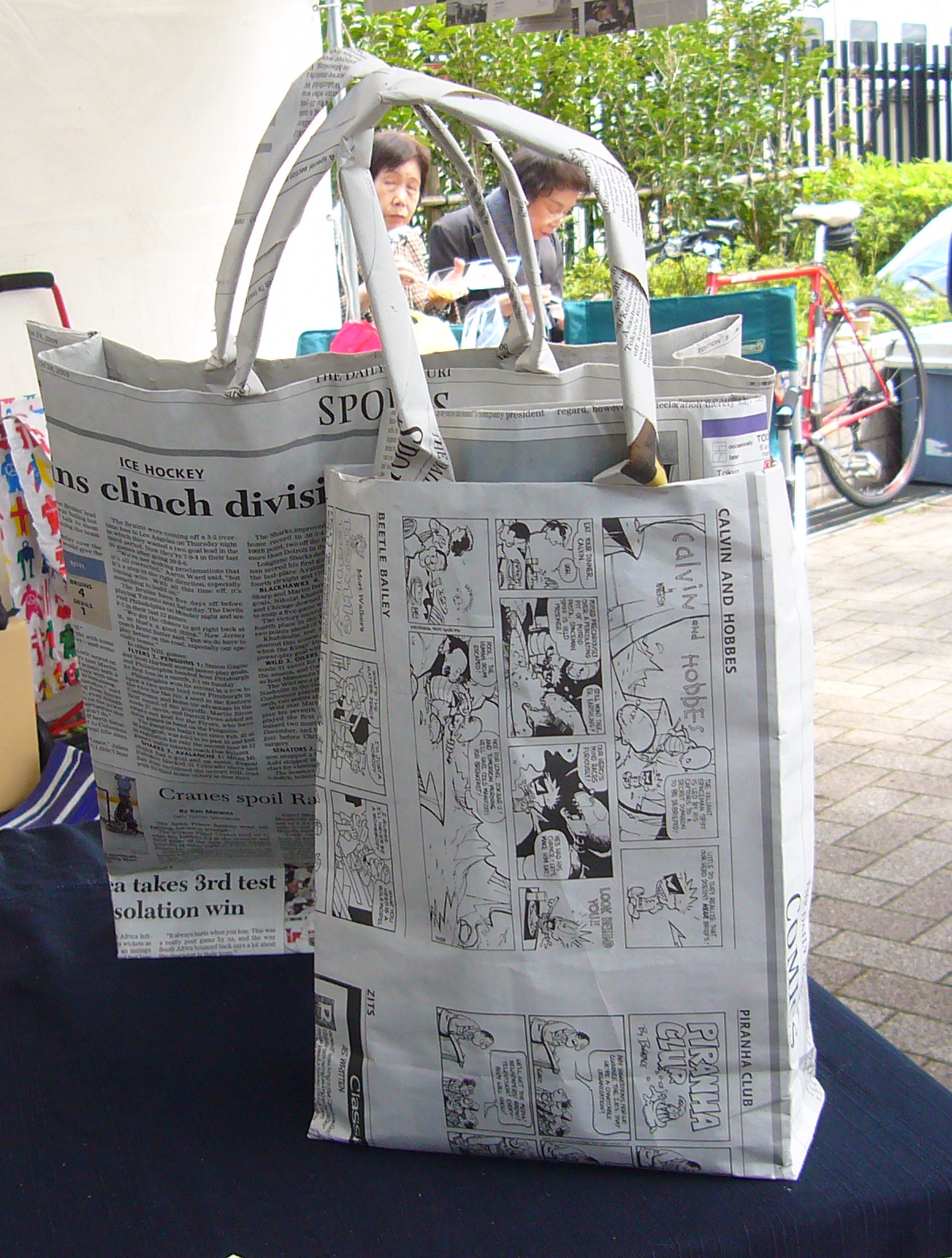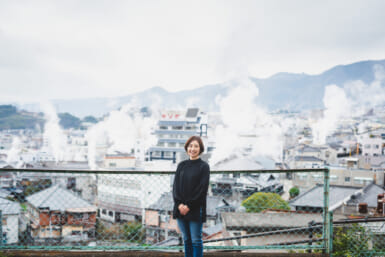by Danielle Rippingale
In 2005 the Japanese Ministry for the Environment launched a national campaign called Team 6 Percent to help reach the country’s Kyoto Protocol objectives. The campaign’s name is in reference to Japan’s commitment to reduce its greenhouse gas emissions to a level of six percent below the level they were in 1990. The campaign obviously has ongoing relevance so let’s be reminded of these six sensible and inexpensive eco actions:
1) Set air conditioners at 28 degrees Celsius (2) Avoid wasting water by not letting the tap run unnecessarily (3) Choose and buy eco-friendly products (4) Stop car idling (5) Say no to excessive packaging (6) Unplug any devices not being used.
With the average person using a staggering 700 pounds of paper per year, the following tips relate to Team 6 Percent’s actions three and five and how we can moderate our paper use:
REDUCE. Instead of using paper napkins and tissues convert to cloth. There are plenty of beautiful ones on the market. For home cleaning use cloth rags (old towels, linens) that can be reused, rather than paper products.
ECO-FRIENDLY: When buying paper products buy 100 percent post-consumer paper waste products. Also, buying unbleached paper products saves toxic chlorine bleach from getting in our waterways and harming fish. If whiteness is important to you, look instead for hydrogen peroxide or oxygen bleached products.
Coke Goes ECO
On May 18, Coca-Cola will release a new natural mineral water brand, I LOHAS, which combines refreshment with environmental friendliness. The water is bottled in a new 12g PET bottle, which is 40 percent lighter than conventional bottles of the same kind, meaning that less plastic (and therefore less petroleum) is used to make it. The use of these new bottles is also projected to reduce carbon dioxide emissions produced through the manufacturing of PET resin by approximately 3,000 tons a year, which is equivalent to the CO2 absorbed by approximately nine and a half square kilometers of forest. The environmental benefits don’t stop with the bottle, however—the cap and label are also the lightest for their size in Japan, thereby employing the least amount of plastic compared to similar caps and labels.
Available at convenience stores nationwide, ¥126.
Green Glossary
Post-consumer: Refers to recycled material that was first used by a consumer. A high post-consumer content helps divert materials from ending up in landfills.
External Links:
Japanese Ministry for the Environment
I-Lohas homepage









